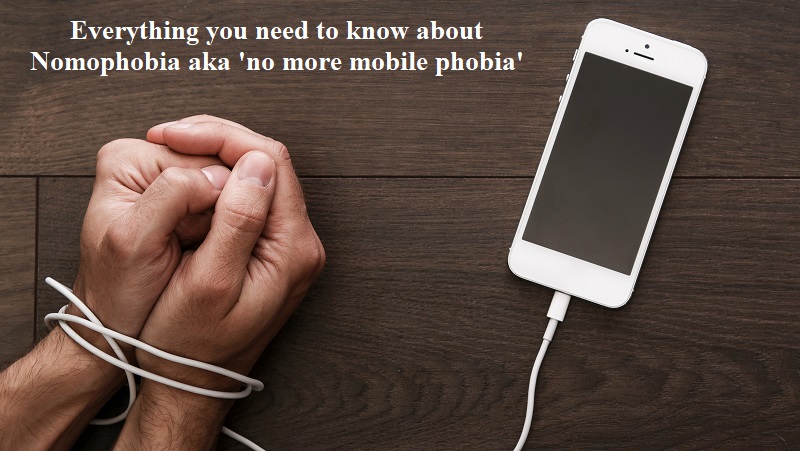
Having a certain level of attachment to one’s cell phone is a common phenomenon. However, some individuals experience heightened anxiety when separated from their phones or lacking internet access, which can be indicative of nomophobia.
Nomophobia, a portmanteau of “no more mobile phobia,” represents the fear of not having access to one’s mobile phone. According to a study published in BMC Psychiatry in July, individuals with nomophobia exhibit anxiety when their mobile phone is not within reach.
The symptoms associated with nomophobia bear resemblance to addiction or other anxiety disorders and may manifest as:
Anxiety
Agitation
Sweating
Disorientation
Altered breathing patterns
Tachycardia (rapid heartbeat)
Research indicates that teenagers are the demographic most affected by nomophobia. This heightened anxiety is largely attributed to an increased dependence on mobile phones. Michele Leno, a clinical psychologist and host of the TV show “Mind Matter with Dr. Michele,” explained that mobile phones serve as miniature computers that people use for various purposes, such as business and staying connected with family. When individuals cannot immediately access their phones, they experience anxiety, fearing they might miss out on something. This mindset stems from the belief that phones enable constant connectivity.
Blair Steel, a licensed clinical psychologist, noted that certain individuals are more susceptible to developing nomophobia. Factors that heighten the likelihood of acquiring this condition include:
Pre-existing anxiety
Low self-esteem
Challenges in emotional regulation
Insecure attachment styles
Limited personal relationships
To combat nomophobia, experts like Leno and Steel offer several recommendations to help individuals detach from their phones:
Dedicate time to relaxation without phone usage.
Consider turning off your phone for at least one hour daily.
Leave your phone at home when visiting nearby stores.
Use a wristwatch for checking the time instead of relying on your phone.
Utilize physical calendars or planners for scheduling important events.
Explore new hobbies that intentionally involve time away from your phone.
Be mindful of the signs and triggers of nomophobia, and self-monitor.
Practice mindful meditation and breathing exercises as coping mechanisms for anxiety.
In severe cases, seek assistance from a mental health professional.
These strategies aim to alleviate nomophobia and promote a healthier relationship with mobile technology.

Post Your Comments